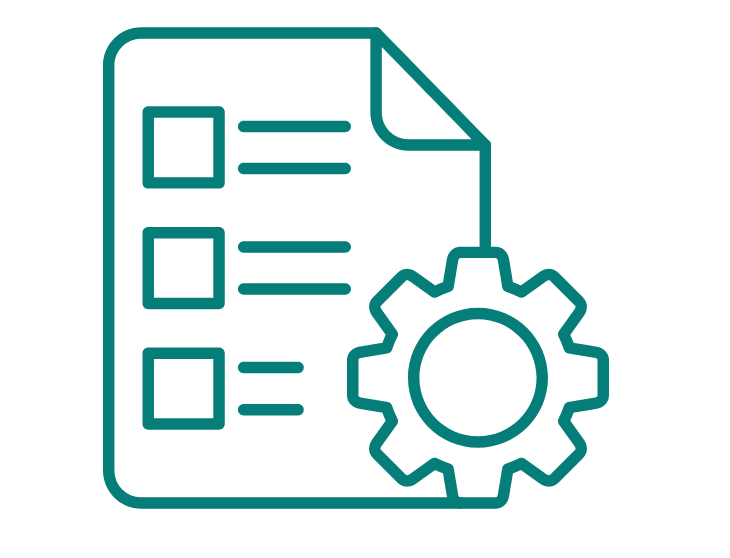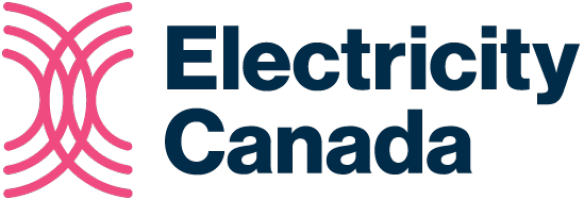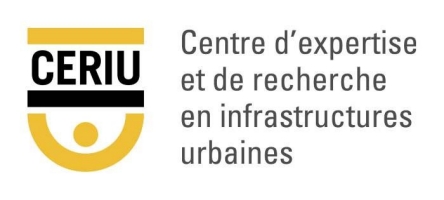Comparing Hardening Options for Power Distribution Networks Considering Climate Change
Project overview
In response to the challenges posed by climate change, this project explores hardening strategies for power distribution networks to enhance resilience and reliability. The focus is on evaluating vegetation management, selective undergrounding, and the development of multipurpose utility tunnels (MUTs) against the backdrop of increasing weather-related outages. By integrating risk analysis with lifecycle cost-benefit analysis (LCCBA), the research seeks to forecast outage probabilities, assess the financial and societal impacts of each hardening strategy, and propose evidence-based policies for sustainable infrastructure development. This multidisciplinary effort combines climate risk assessment, deep learning for outage prediction, and innovative construction techniques, aiming to inform utility policies that balance cost, effectiveness, and social equity.
Key project details
| Principal investigator | Amin Hammad, professor, Concordia University |
Co-principal investigators |
Osama Moselhi, professor, Concordia University; Mazdak Nik-Bakht, associate professor, Concordia University; Ali Nazemi, associate professor, Concordia University; Rebecca Dziedzic, assistant professor, Concordia University; Ali Bayat, professor, University of Alberta. |
Research collaborators |
Georges Abdul-Nour, lecturer, Université du Québec à Trois-Rivières; Diego Cerrai, assistant professor, University of Connecticut; Adriane MacDonald, associate professor, Concordia University; Christian Messier, professor, Université du Québec à Montréal; Hany El-Naggar, professor, Dalhousie University; Carly Ziter, assistant professor, Concordia University; Vincent Hébert-Garneau, product manager, Direxyon; Sadaf Gharaati, consultant in asset investment modeling, Direxyon; Terri Matthews, director, Town+Gown Center, NYC DCC; Alex Kent, director, Electricity Canada Association; Dominic Gauthier, head of Digital Transformation of the Energy System, Hydro Quebec; Chantale Germain, senior advisor, Strategic Planning, Hydro Quebec. |
| Non-academic collaborators | Hydro-Quebec; Centre d'expertise et de recherche en infrastructures urbaines (CERIU); Town+Gown Center (New York City Department of Design and Construction); Direxyon; Electricity Canada Association; NSF Center for Weather Innovation and Smart Energy and Resilience (WISER); and Canadian Underground Infrastructure Innovation Centre (CUIUC). |
| Research Keywords | Hardening options, power distribution networks, climate change, vegetation management, selective undergrounding, multipurpose utility tunnels, outage prediction models, impact of communities, social costs, deep learning, lifecycle cost-benefit analysis |
| Budget | Cash: $234,000 In-Kind: $371,000 |
Publications:
M. Dunson-Todd, M. Nik-Bakht, and A. Hammad, “Proposed Standard Test to Evaluate Back-Support Exoskeleton Efficacy for Rebar Workers: Test Design and Initial Implementation,” J. Comput. Civ. Eng., vol. 39, no. 5, p. 04025071, Sept. 2025, doi: 10.1061/JCCEE5.CPENG-6481.
A. Alaghbandrad and A. Hammad, “Framework of smart multi-purpose utility tunnel information modeling for lifecycle management,” Can. J. Civ. Eng., vol. 52, no. 4, pp. 531–551, Apr. 2025, doi: 10.1139/cjce-2024-0047.
F. Bahreini and A. Hammad, “Developing an Ontology for Concrete Surface Defects to Enhance Inspection, Diagnosis and Repair Information Modeling,” Infrastructures, vol. 9, no. 12, p. 220, Dec. 2024, doi: 10.3390/infrastructures9120220.
S. Mohammad Langari, F. Vahdatikhaki, and A. Hammad, “Improving the performance of RRT path planning of excavators by embedding heuristic rules,” Advanced Engineering Informatics, vol. 62, p. 102724, Oct. 2024, doi: 10.1016/j.aei.2024.102724.
Z. Chen et al., “Correction to: Construction, renovation, and demolition waste in landfill: a review of waste characteristics, environmental impacts, and mitigation measures,” Environ Sci Pollut Res, vol. 31, no. 47, pp. 58198–58198, Sept. 2024, doi: 10.1007/s11356-024-35131-7.
A. Ghelmani and A. Hammad, “Improving single‐stage activity recognition of excavators using knowledge distillation of temporal gradient data,” Computer aided Civil Eng, vol. 39, no. 13, pp. 2028–2053, July 2024, doi: 10.1111/mice.13157.
F. Bahreini, M. Nasrollahi, A. Taher, and A. Hammad, “Ontology for BIM-Based Robotic Navigation and Inspection Tasks,” Buildings, vol. 14, no. 8, p. 2274, July 2024, doi: 10.3390/buildings14082274.
Y. Huang and A. Hammad, “Simulation-Based Optimization of Path Planning for Camera-Equipped UAVs That Considers the Location and Time of Construction Activities,” Remote Sensing, vol. 16, no. 13, p. 2445, July 2024, doi: 10.3390/rs16132445.
Accepted publications in national and international conferences:
A. Hammad, “Comparing Overhead Power Distribution Lines Hardening Strategies Using SWOT Analysis,” presented at the CSCE/CRC 2025, July 2025. [Online]. Available: https://csce-crc2025.com/paper-and-presentation-types/
F. Bahreini, M. Nik-Bakht, A. Hammad, and M. Gaha, “Developing Computer Vison-based Digital Twin for Vegetation Management Near Power Distribution Networks,” presented at the 42nd International Symposium on Automation and Robotics in Construction, Montreal, Canada, July 2025. doi: 10.22260/ISARC2025/0152.
F. Bahreini, A. Hammad, and M. Nik-Bakht, “Point Cloud-based Computer Vision Framework for Detecting Proximity of Trees to Power Distribution Lines,” presented at the 41st International Symposium on Automation and Robotics in Construction, Lille, France, June 2024. doi: 10.22260/ISARC2024/0095.
Ramin Ahmadi: Concordia PhD entrance award, Concordia University, September 1, 2024.
Research focus

Developing a climate impact assessment framework
This project will analyze the historical conditions of climate stressors of power distribution lines since the mid-20th century and their long-term evolutions in time and space, with the goal of making future projections.

Forecasting and managing outage risks
A key objective is to forecast the probabilities and impacts of future outages caused by different types of weather events. This includes leveraging Machine Learning (ML) and climate change models to predict outages and assess the effectiveness of hardening strategies like vegetation management, selective undergrounding, and Multipurpose Utility Tunnels (MUTs).

Evaluating hardening strategies through Lifecycle Cost-Benefit Analysis (LCCBA)
Another goal is to compare the costs and benefits of various hardening strategies using a detailed LCCBA. This analysis aims to quantify not only the financial aspects but also the social and environmental costs and benefits, providing a comprehensive view of the value each strategy offers.

Policy and regulation recommendations
Based on the comparative analysis of LCCBA results, the project intends to propose initial recommendations for policies and regulations. These recommendations will be aimed at guiding utility companies and policymakers towards adopting practices that maximize customer value and societal benefits, thereby promoting a more resilient power distribution system.
Non-academic partners
Thank you to our non-academic partners for your support and trust.




Volt-Age is funded by a $123-million grant from the Canada First Research Excellence Fund.


